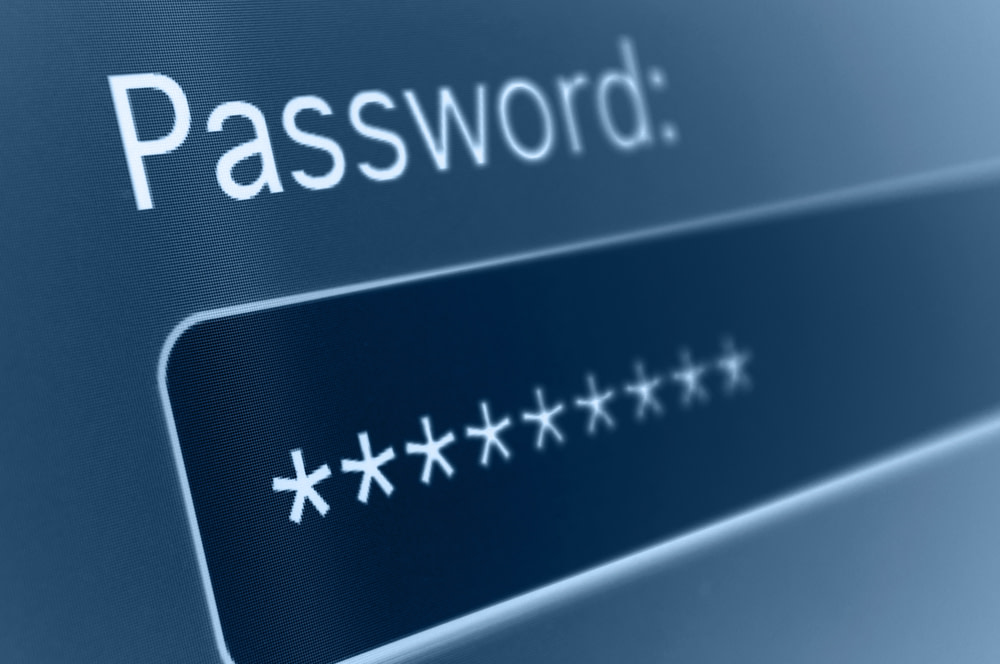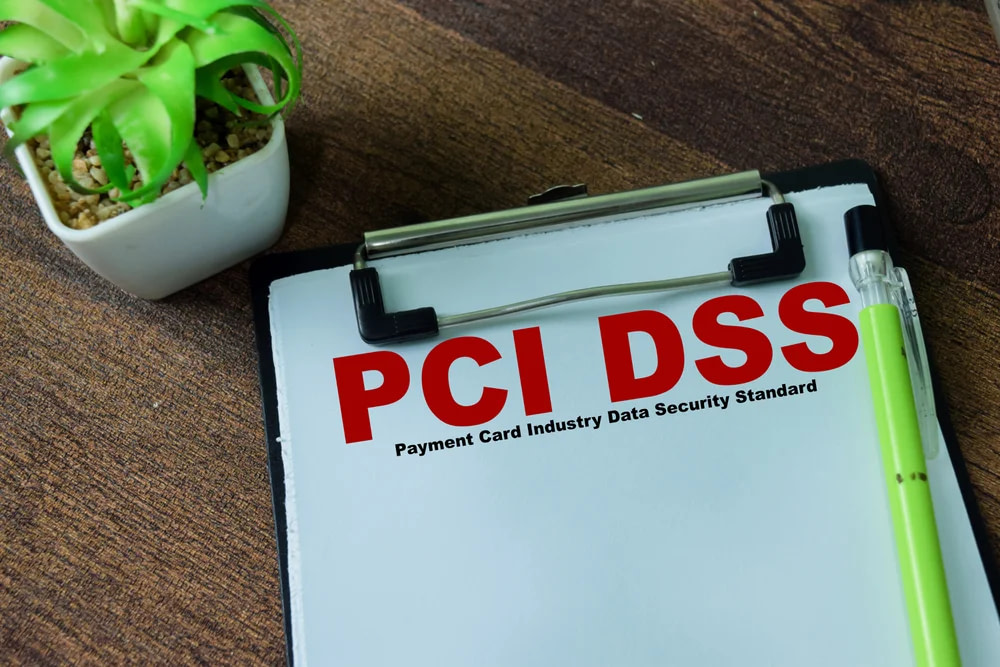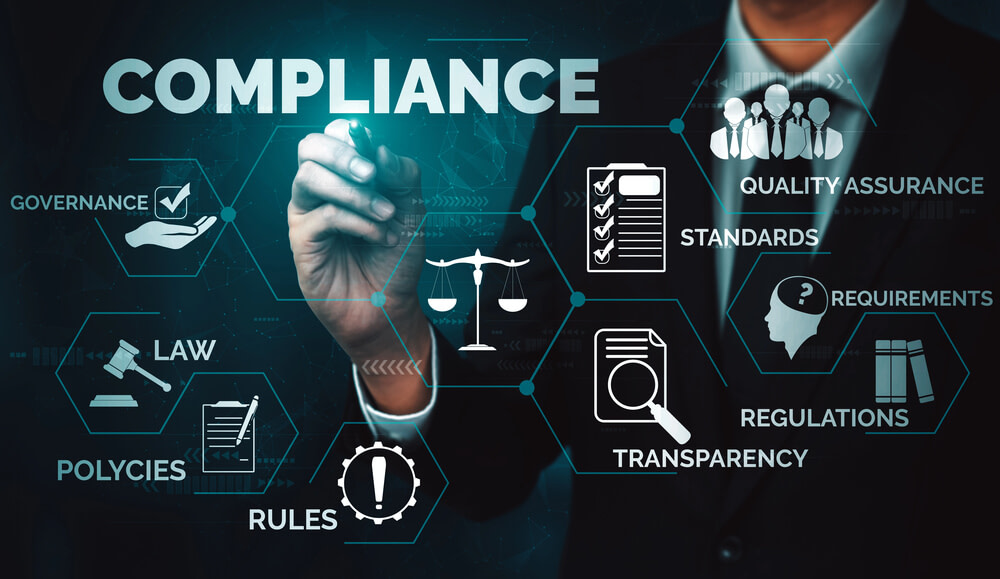Credit card fraud has been rising since the introduction of online shopping. To curb the problem, top credit card companies created the Payment Card Industry Data Security Standard (PCI DSS) in 2004. Since its establishment, PCI DSS has undergone multiple changes to enhance security further.
What Are the PCI Standards for Passwords?

PCI password standards apply to everyone who uses or stores data with credit cards. The standard sets clear policies for reducing credit card fraud.
What Kind of Variation Should Passwords Have?
PCI passwords shouldn’t be simple. They should include numerous variables to make them more complex. For instance, one should mix numerals and upper- and lowercase letters when creating passwords and include symbols as well. Here is an example of PCI DSS password variation: qgfJK$143.FGbn.
Varying the characters make it hard for an intruder to guess a password. One should avoid common names of pets or favorite items for maximum security.
How Many Characters Should a Password Be According to PCI DSS?
PCI DSS passwords should be long. Having more characters makes it harder to guess or copy the password.
What Is the Minimum Password Length for PCI DSS V4.0?
The ideal password should have a minimum of 12 characters. Users should use at least eight characters for systems that don’t support 12 characters.
Initially, the password length requirement was seven characters, but newer evidence now shows it should be at least 12. If your system does not support 12 characters, you should include the maximum amount of characters it will allow.
How Often Does PCI DSS Require Passwords To Be Changed?
Intruders can learn a password if it remains the same for a long period of time. The PCI standard recommends users change their passwords every 90 days. Regular updates increase security, making it hard for someone to learn the password.
How Many Failed Login Attempts Do You Get?
The PCI DSS standards only offer ten failed login attempts. You must wait at least 30 minutes if you entered the password incorrectly. The system administrator should then reset the password once the time elapses.
Should You Change the Default Password?
A new card normally comes with a default password. According to PCI DSS password requirements, users should change the default password after the first use. Changing other authentication information, like security details, can also help create unique and hard-to-guess passwords.
What Is Multi-Factor Authentication?
PCI DSS requires MFA when logging in. Ideally, multi-factor authentication allows users to provide more details to log in. Besides the usual password, they should verify their identity in other ways. Common types of multi-factor authentication include:
- Email code verification.
- Call or text for one-time passwords.
- Biometric authentication.
- Use of verification links.
- Temporary codes on mobile apps.
The policy recommends using at least two types of multi-factor authentication.
Can You Repeat Passwords?
When users change a password, they cannot use it again as per the PCI DSS standard. The system automatically rejects the old passwords. This configuration helps prevent fraud, in case a fraudulent person knows the old passwords.
Are Secure Wireless Systems Safe?
Most companies use wireless systems to stay connected. Such systems can be loopholes for scammers if they lack proper security. The PCI DSS recommends encrypting all wireless systems. The passwords need regular password updates as well. Encrypting the access points prevents data packet sniffing hardware or software from capturing data, even when the network traffic is high.
Do Systems Lock When Not in Use?
In PCI DSS, the systems should automatically lock when idle. The locking happens within 15 minutes. If you leave the systems for over 15 minutes, you must re-enter the passwords. The automatic locking minimizes the risk of someone else accessing the system during the inactivity session.
What Are Safety Locks?
Sometimes, a systems administrator may lock an account. This happens when there is suspicious activity. After the lock, the user must wait at least 30 minutes before the account becomes active. After the activation, new identity authentication is mandatory to confirm the user’s identity. Such safety locks help minimize attempts from unauthorized users.
Are PCI-DSS Requirements Enough to Curb Cyber-Attacks?

PCI-DSS requirements are not enough to fully protect against cyber-attacks. These policies reduce the primary risks associated with the use of credit cards.
When fighting cyber risks, users should pay attention to all aspects of their systems. Here are some effective ways to prevent cyber-attacks in addition to observing the PCI-DSS password requirements:
- Secure networks by investing in firewalls
- Use antivirus software
- Back up sensitive data
Don’t overlook physical access even as you focus on protecting your devices with passwords. Limit the number of people accessing devices with sensitive company data or customer details.
How to Comply With PCI DSS Password Requirements
The PCI DSS password requirements help individuals and businesses encrypt their data. The passwords reduce susceptibility to hackers and internal employees with hacking motives. Below are the top five practices that you may adopt to remain compliant with the password requirements:
- Embrace multi-factor authentication (MFA). You may use complex biometrics like voice recognition and fingerprints for maximum security. MFA also applies to remote employees and administrators.
- Use hard-to-guess passwords and ensure they have at least 12 characters.
- Avoid using hard-coded passwords because hackers may easily exploit them. They create a hole that a hacker may bypass during the authentication process.
- Train all employees, including remote ones, on the password standards.
- Seek the help of a data security professional when necessary.
Let Compyl Help You Meet PCI DSS 4.0 Password Requirements
Data security is a primary concern for businesses. You should protect your personal information from hackers at all times. Adopting the PCI DSS 4.0 password requirements is a good idea for staying safe. These policies ensure you set strong passwords and update them regularly. By doing so, you keep off potential hackers from your business.
Are you wondering how the PCI DSS 4.0 standards may affect your business? Do you need managed services to improve business security? If so, Compyl is here for you. We offer information security services that align with a business’s regulations and policies. Get in touch for help with business data security and compliance monitoring.



